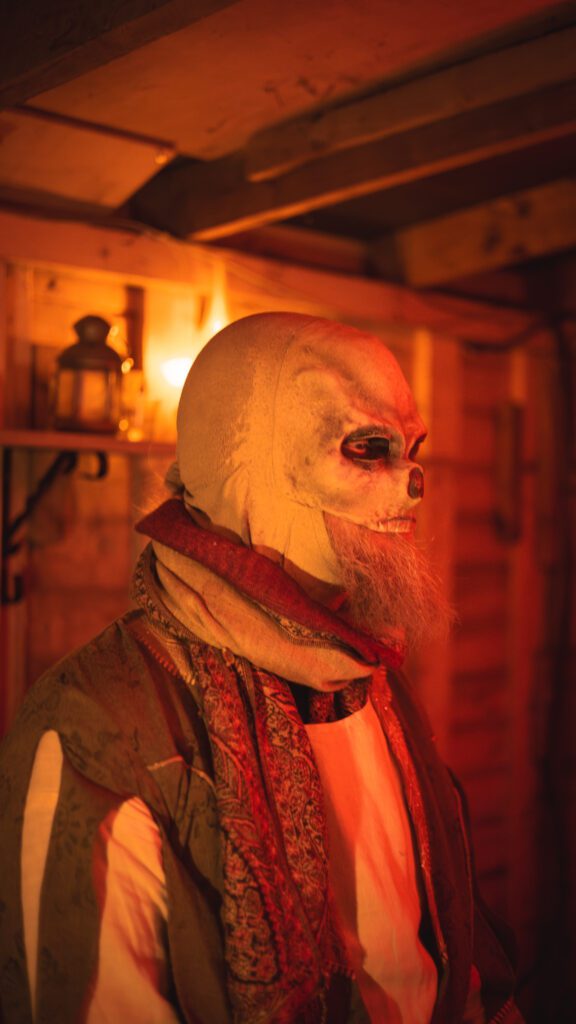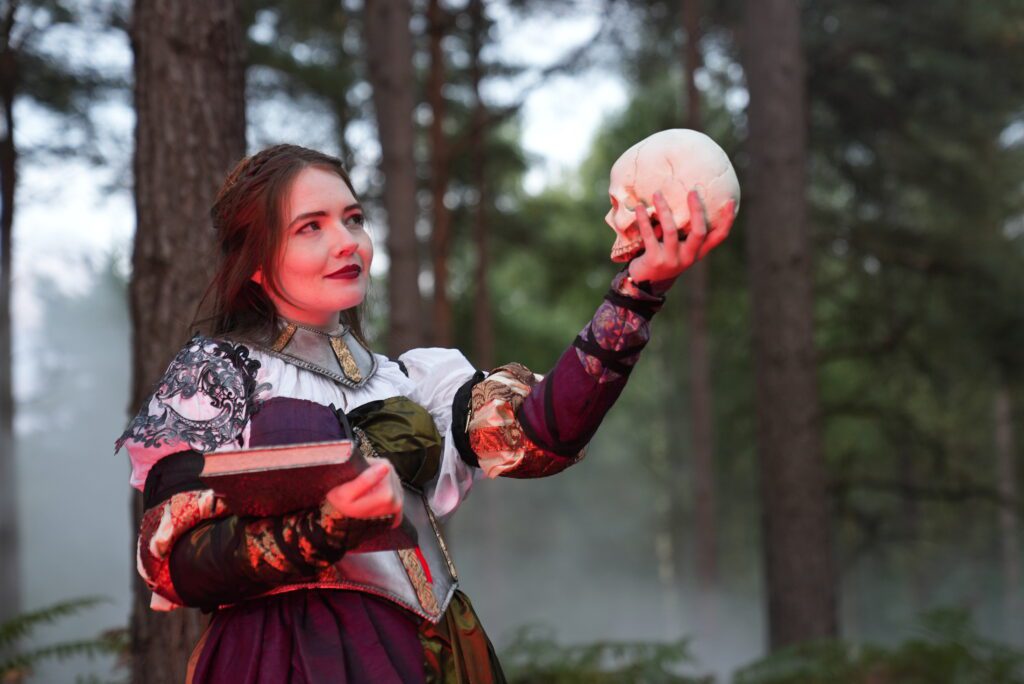Culture
Morvalins hold to the tenet that life is for the living; they ensure that citizens are able to live their life to the fullest, in the knowledge that it will one day end. With that in mind artistic expression and passion in all forms is valued, they are encouraged from an early age to put their all into everything, and indulge creativity.
Family loyalty and political maneuvering is also valued. Family first, but there is a cultural impetus to seek to ensure that your Family is first among equals.There is an idea of the preservation of legacy: Just as Morvalis is built on the legacy of a former power, so too will the Morvalis of the future be built on the legacy of actions today. Morvalins are encouraged to think about personal excellence in a practical way; not settling for second best in the long run, but not letting perfection be the enemy of completion in the short term.
There is a balance between indulgence and purpose – it would be very easy for the nation to fall into a level of self-indulgence and hedonism that would lead to its eventual destruction, so moderation is encouraged by the clergy, for the benefit of all society. Selfishness is also disparaged – “Care for yourself and those around you that matter, so that all can live their life to the fullest” is a common phrase.
Another value that is intrinsic to Morvalis is the honour of serving, even in death; acceptance of the service of undead and treating them respectfully, knowing that each citizen will join them and return the act of service in death.

Ethics and Morality
Morvalin society operates on several key principles:
- Death is not the end, but the transformation of purpose. If you must mete out death, let it be for a purpose; if you must accept death, let it be for a reason.
- The body is a vessel that can serve beyond life. All things being even, you will be here a long time – not in mind, but in body. Accept this, and do not fear death.
- Passions are to be embraced, not shunned or shamed.
- Power must Serve, and in Service there is Power.
- Choice is important. Just as a corpse might refuse to rise, a servant forced may refuse to serve. One must choose it, or it doesn’t matter. Citizens discuss with Gravecallers or note in their wills how they wish to be transformed after death.
- Each person is a work of art of their own making, let them be unique or else a dull gallery shall you curate.
- The only unacceptable cruelty is the destruction of beauty.
- “Only the loser looks behind them” – do not count past failures, instead look to the possibility of future successes. Grudges only burden the holder of them.
- “If you’re the fox, play the hare. If you’re the hare, play the fox” – this is a common saying by Morvalin priests of the Jester; it can be useful to conceal your hand and bluff your way out of trouble.
Heraldry
A Family’s symbol will have three parts, although it is up to the Family to decide how they are arranged.
Symbols that represent real-world racism or prejudice must not be brought to events. This applies to Heraldry and please take into account and research any symbols or images you wish to use given the Morvalis brief draws on some historic Germanic elements.
- Traditionally there will be a prominent sigil that depicts something relating to the Vassal Family. If the Vassal Family is named after a person, it may be something relating to the story of that person – their weapon, their tools, their conquests, etc. If the Vassal Family is named after a creature, it may be as simple as a depiction of that beast, or some iconic part of their body. It may also be an architectural feature, particularly if their Family’s main settlement has an ancient necropolis feature.
- A heraldic device to symbolise the House of Dusk they are a Vassal of; a Chief for the Evaeylir, a Chevron for the Vorgaloth, a Pale for the Solarum and a Bend for the Lacrimosa.
- Finally, two colours are included which hold some symbolism for the Vassal Family. It is up to the designer of the symbol how these colours are displayed, but most Morvalis symbols are rectangular or shield-shaped, despite shields not being a common piece of equipment in Morvalis.
The style of these symbols tends towards the symbolic rather than the artistic – they are designed to be recognised from far away, on flags, banners, or roundels during combat. However, more artful and detailed versions of the symbol may feature in a smaller rendering, such as on a badge or at the top of headed paper. Note that as shields are not a notable part of the Morvalis kit brief, although a shield-shape can be used for a symbol, it should not be mounted on a shield.





Food
Morvalis is home to people that have practiced the culinary arts literally as a form of art. As a result, Morvalin food can be extraordinary, made of ingredients that are hard to find or even unique, and a sensation should uplift both body and soul.
Morvalin cuisine emphasises elaborate presentation, rich and complex flavours, the finest imported ingredients or local-grown ingredients made possible by undead labour. Some epicures even spend their whole lives cultivating one species of mushroom, for example, safe in the knowledge that the food they cook with it will be genuinely unique and therefore highly sought-after.
It is said the best hot chocolate comes from Morvalis, and there is also a rich coffee known as Gravecaller’s Delight – strong enough to wake even the dead, it is said. A box of this as a gift is generally a good way to secure the favour of a Syradonian diplomat.
Festivals
Night of Remembrance held during the autumn when the Shroud is often at its thickest. Cities and towns are decorated with thousands of enchanted crystals that glow with a magical light, driving back the darkness. Living citizens wear elaborate masks and costumes representing death in its many forms, while their undead servants are adorned with flowers and bright decorations – a deliberate role-reversal that reminds everyone of the cycle of life and death. The undead are supposed to do no work on the festival day and instead be present in the household as a stationary decoration, although this is not always upheld. Revellers are a key part of making these events happen, though they cannot do it alone. Everyone pulls together to ensure that this important festival takes place.
Features of the festival include:
- A Feast of Final Memories, where families eat meals with the living sat with chairs left empty for the dead, and tell stories or share memories of those who are no longer with them
- The Departing Dance, something that is often more codified in higher society and more raucous otherwise; masked revelers dance with decorated undead in elaborately choreographed performances. For smaller settlements, this often takes the form of the youngest member of each family, optionally a child but most often a young adult, standing in for the undead and being made up to stand in for all the departed.
- The private or public ritual of burning Voices for the Voiceless. Writing letters, long or short, to those who have passed, and burning them. Some read their letters out loud, literally giving voice to the voiceless; others see this as a private rite. It is not unheard of for negative words to be shared in this way, for particularly loathed dead people. Either way, the messages are burned so that the words, too, have died, and can join those that they are meant for.
Music
Music brief by Delilah Ferry-Swainson
OC note: So you’re a bard. Now what? Whether it’s singing songs with friends or performing to adoring fans, each nation’s music has a unique flavour to be expressed. These briefs are aspirational, and allow for varying levels of interaction. Maybe you want to engage just with key elements to capture your nation’s aesthetic in song through suggested subject-matters, instruments, and styles, or maybe you’re a die-hard musician who wants to compose and transpose music to specific modes and metres. As the peoples of Elandra interact and mingle, so do their musical cultures. So you’re from Urdrevan but you play the guitar: maybe you traded with Portavas to get this instrument. You’re Kairosi but enjoy dance music: maybe you travelled to Avereaux and learnt this style. Use these briefs to bring Elandra to life with song. Build your background and tell your tales, cultivate community and form friendships, celebrate successes and lament losses. This is your story, your character. Now go forth and make music!
Morvalis is a land of music as lavish as its people and as lively as its dead, filled with songs and melodies that evoke the sound of bones and voices of the ghosts. Popular topics are songs for the dead, songs of love, celebrations of life, and precious memories. Morvalis’ music is often repetitive and builds up in layers, using phrygian, locrian and dorian scales, with a rhythmic heartbeat pulse. Artefacts like breathing for singers and wind-players are valued and even exaggerated rather than hidden, and throat-singing is sometimes present as a bass. This music is characterised by bone-like claves, breathy flutes, and virtuosic theatrical vocals reminiscent of opera, valuing higher pitches and vibrato. Occasionally lutes and fairytales make their way into Morvalis through inspiration from Avereaux, and these add a curious flavour when added to Morvalis’ musical customs and culture. Music is performed more for the dead than for the living, and is mainly written and played by Revellers who practice until excellence is reached. During the Night of Remembrance, flutes are played alongside high-pitched vocals to signify, and connect with, ghosts.
Examples include: Hijo de la Luna – Sarah Brightman, Trine 2 Main Theme – Ari Pulkkinen, Nerevar Rising – Jeremy Soule
What it is not: mariachi, Arabic



